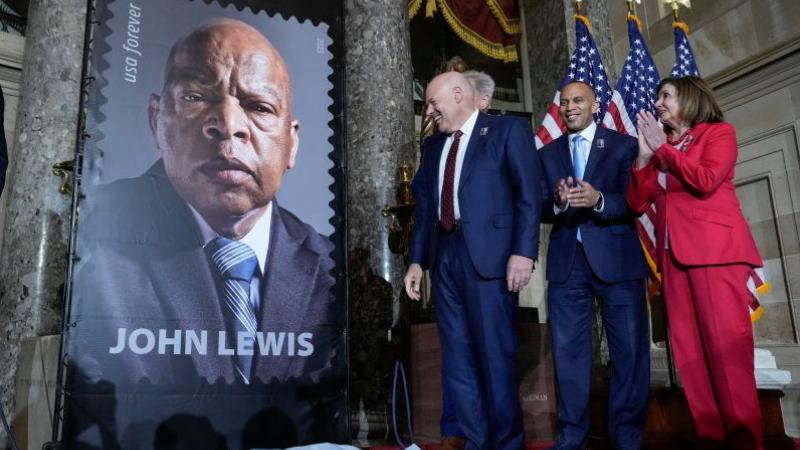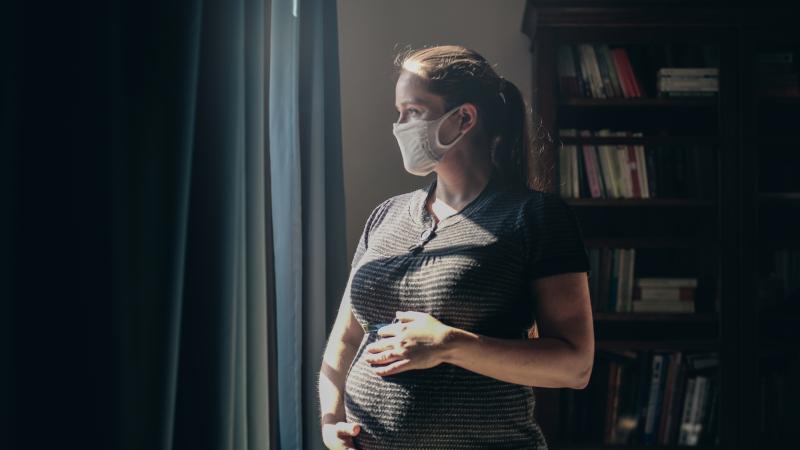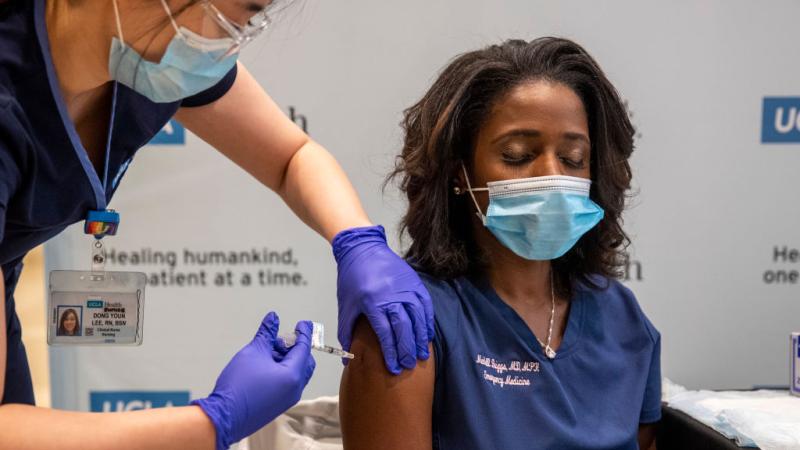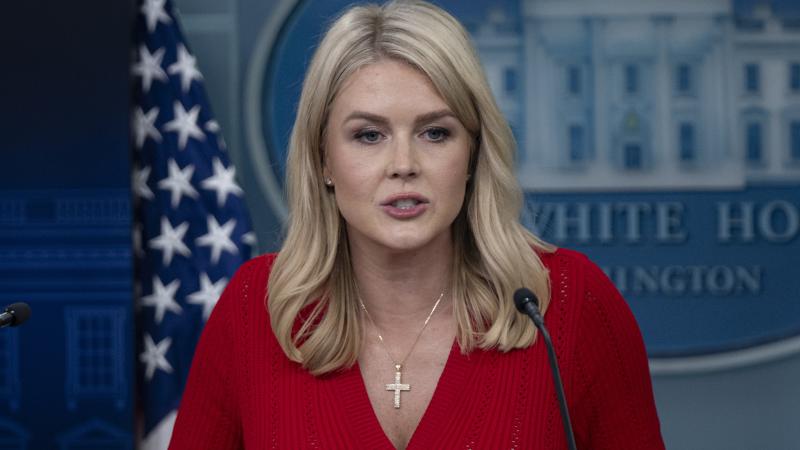Lawyer for dying COVID patient who recovered after court-ordered Ivermectin urges new thinking
"There are obviously remedies that we're not looking at," attorney Kristin Erickson says. "And we need to think outside of the current standard of care.
An Illinois lawyer who helped a dying COVID patient win court-ordered treatment with ivermectin and survive says the episode reveals a deep need for American health professions to rethink their approach to a pandemic that has persisted nearly two full years.
"There are obviously remedies that we're not looking at," attorney Kristin Erickson told Just the News. "And we need to think outside of the current standard of care that hospitals are giving. And if it's not working, let's look at outcomes and not finances."
Erickson represented 71-year-old Sun Ng of Naperville, Ill., who was on a ventilator for weeks and dying with COVID-19 when his lawyer won a court order Nov. 8 to force the hospital to treat him with ivermectin, an anti-parasitic and anti-inflammatory drug long used widely in the United States to treat disease like Lupus.
Within days. Ng recovered and is now back home walking and enjoying life, Erickson said.
"After one day, he was able to do a breathing test he couldn't do for 22 days," she said in an interview on the John Solomon Reports podcast. "After three days, he was off the vent for two hours. And then by the fifth day, he was off it entirely. So the hospital tried to file for, you know, a physician report, after he was off the vent, saying that ivermectin is not the reason he's better. But clearly it is."
There are numerous studies — Erickson said she located 66 studies globally — that show ivermectin is effective in fighting and warding off the virus, and it is used in places like India and Bangladesh but not in the United States. Even the National Institutes of Health's Web site recently showcased one such study conducted by foreign researchers.
"I think the fact that it is so cheap, you know, and not money-making, could be the reason that we don't use, we don't want to back it," Erickson said. "We don't want the studies here in the United States."
Erickson said the phones at her office and the New York group that assisted Ng have been ringing off the hook and the courts are likely to be inundated for similar interventions for other patients after what happened in the Ng case.
"I don't know what people's motivations are," she said. "Certainly ours here is to help people get what they need. I know there's a lot of good-hearted people out there who want to save people, even in the hospital setting. Physicians and nurses, they want to do the right thing. But if hospitals aren't allowing it, that creates a barrier for people who are hospitalized."























